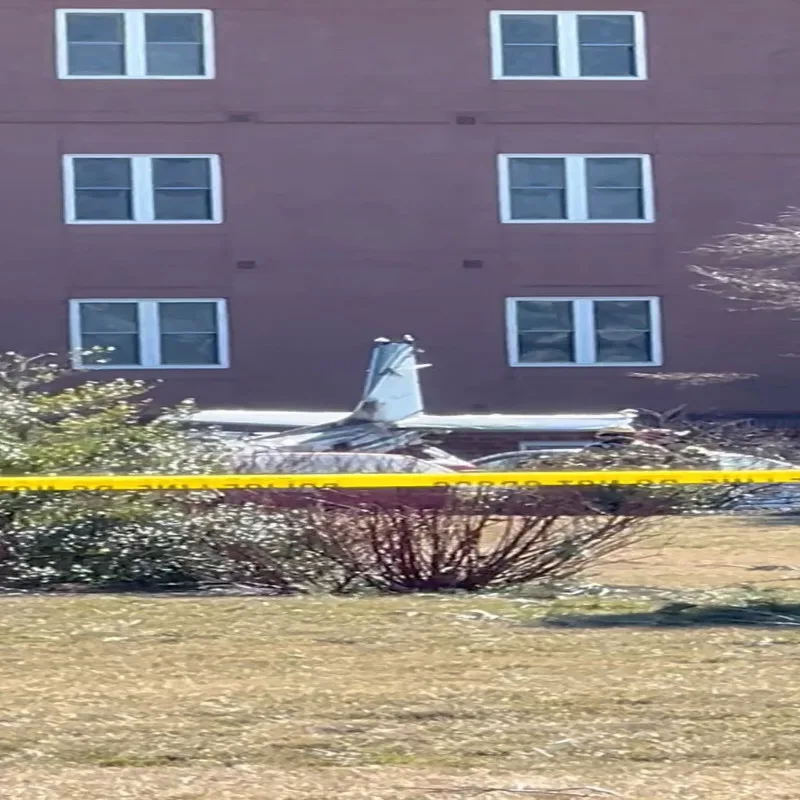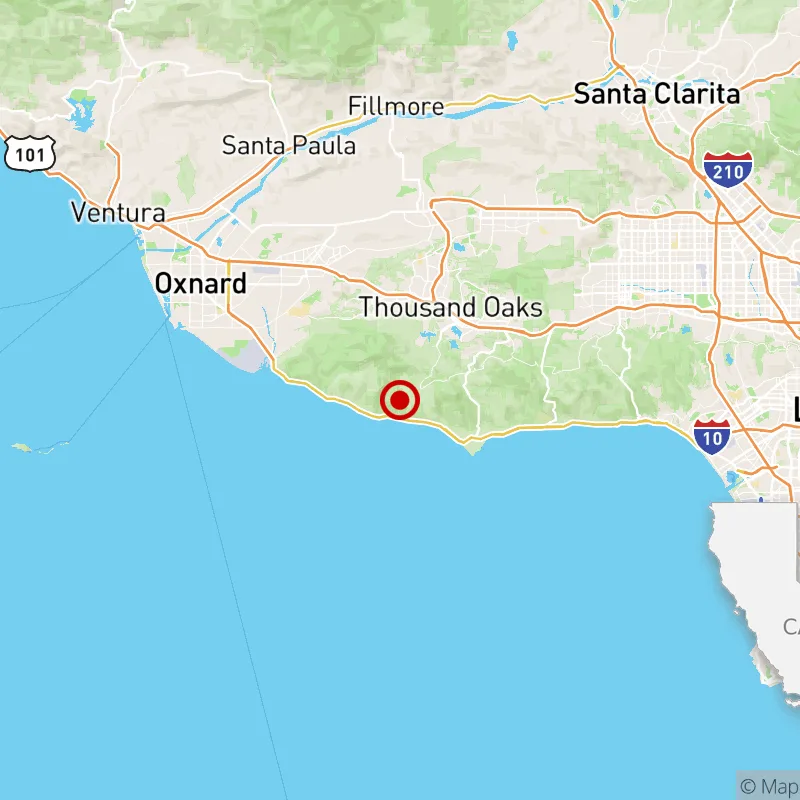In a series of alarming incidents, multiple undersea cables in the Baltic Sea have been cut or damaged, triggering investigations and concerns about potential sabotage linked to Russian activities. According to reports from the Estonian and Finnish governments, three undersea cables were severed, two of which are crucial for internet connectivity in the region. These cables connect Finland to Estonia and were damaged in separate incidents. Finland’s Foreign Minister, Pekka Haavisto, stated, “We are very concerned about the implications of these actions and are actively investigating.” The Finnish Defense Forces have raised the threat level, indicating a serious risk from external parties.
In relation to these events, a Russia-linked oil tanker, the M/V Vahterpakk, was detained near the Estonian port of Muuga for violating maritime regulations. Estonian authorities are examining potential links between the tanker and the cable damage, although it remains unclear whether it played a direct role. Estonian Foreign Minister Margus Tsahkna commented, “We cannot dismiss the possibility that these incidents are coordinated acts of aggression. Our security protocols are being reassessed.”
Moreover, Jens Stoltenberg, Secretary General of NATO, weighed in, expressing solidarity with Estonia and Finland amidst rising tensions in the region. “NATO stands united in protecting our member states against any threats, including those posed by non-state actors and potential cyber-attacks. We are monitoring the situation closely,” he remarked during a press briefing.
These recent developments have amplified fears of increasing geopolitical instability in the Baltic Sea, which has long been a flashpoint between NATO member countries and Russia. Analysts suggest heightened vigilance and a coordinated response are crucial to deter further disruptions. The news raises significant questions about the security of critical infrastructure in light of evolving threats in the region.













